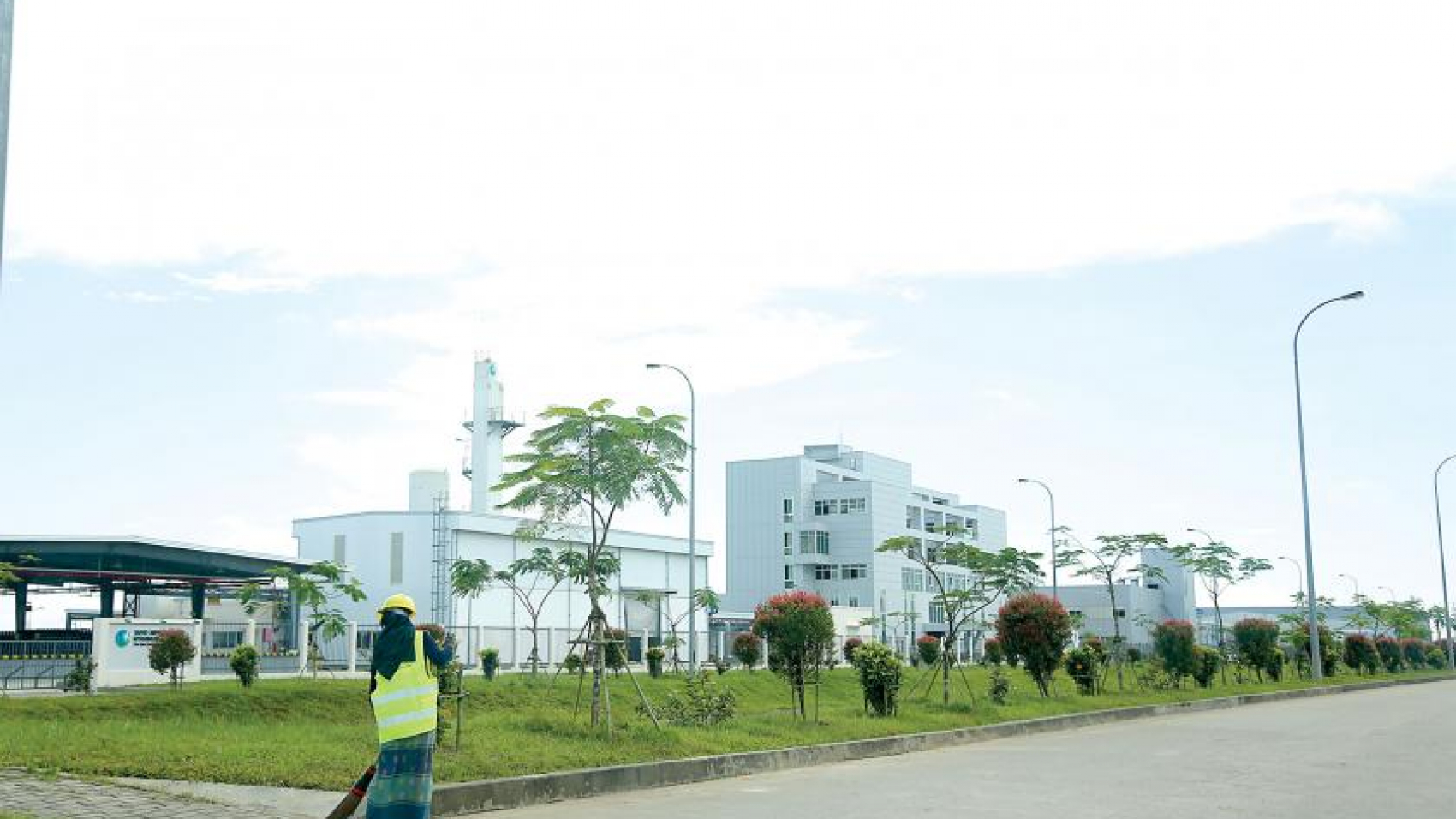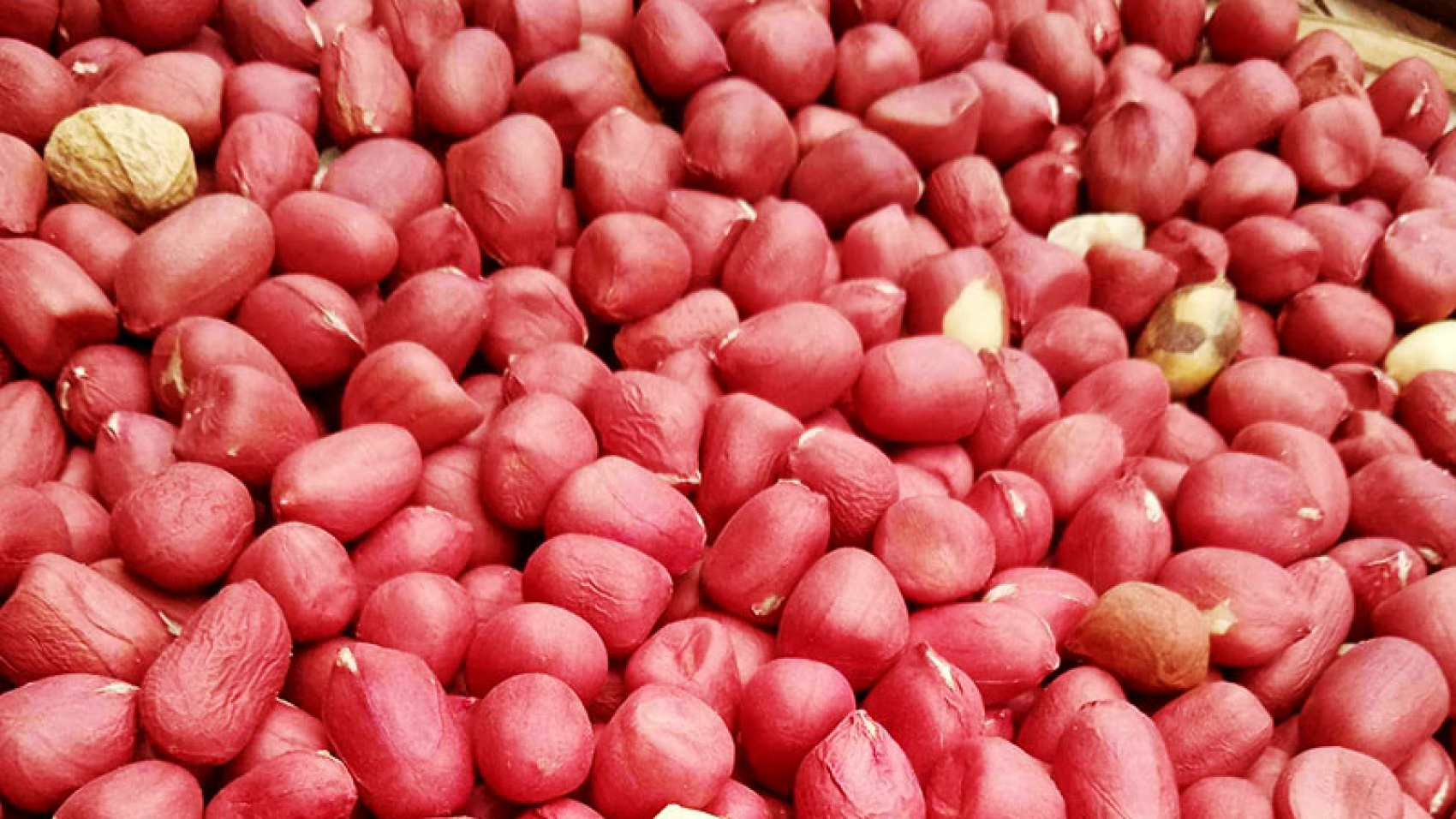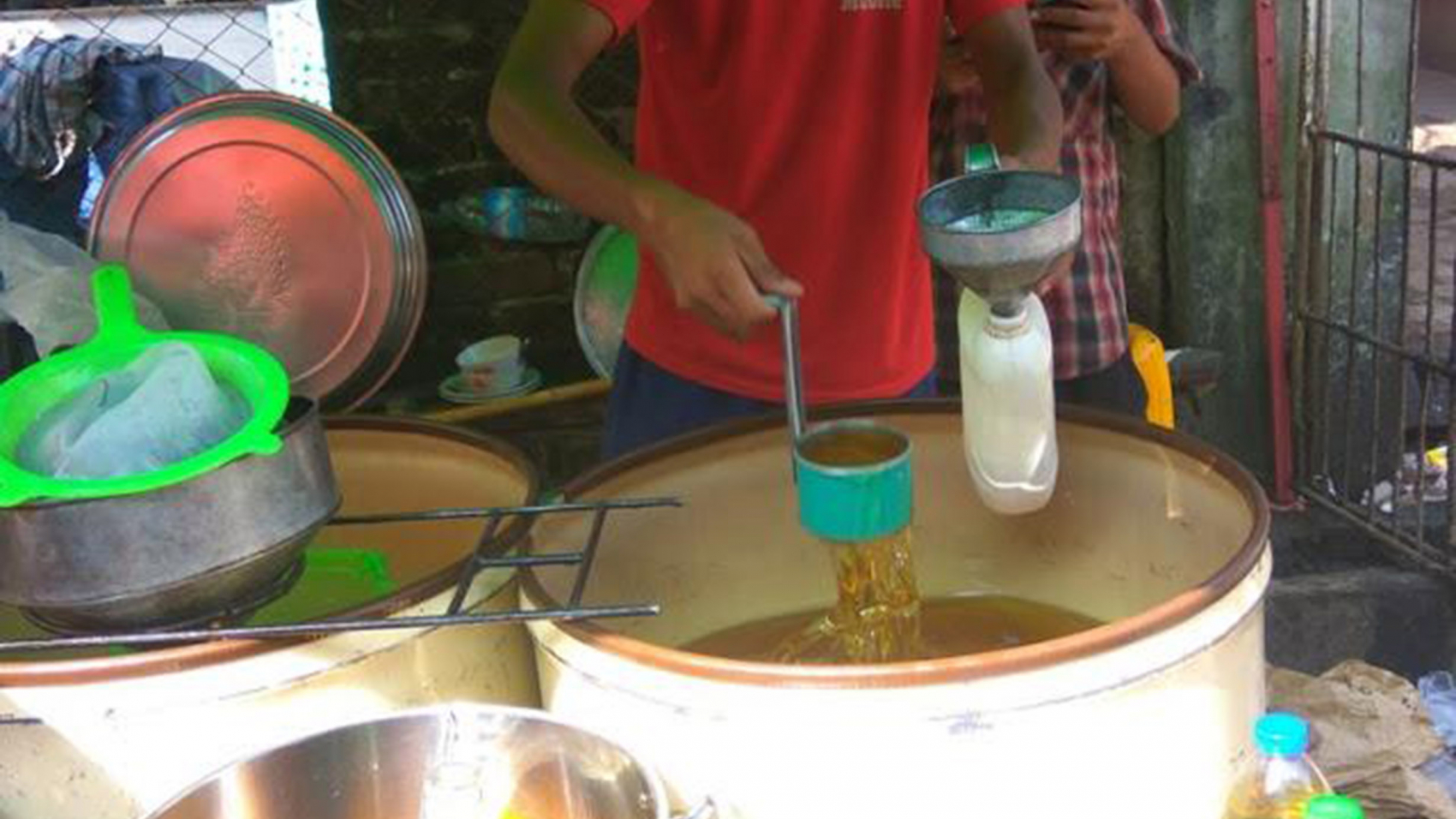Yangon Region Entrepreneurs Association (YGEA) agreed on 29 August 2022 to make a sales report according to the actual market price. The decision was made following the meeting of the Monitoring and Steering Committee on the Gold and Currency Market and also with the officials involved in gold refining businesses in Yangon, Mandalay and Mawlamyine cities on 27 August 2022. YGEA settled this under the guidance of the officials concerned, YGEA Chair U Myo Myint told the Global New Light of Myanmar (GNLM).
“Our association set the gold reference price calculated on the Central Bank of Myanmar’s reference exchange rate of K2,100 for a dollar, while the gold market price was determined on the exchange rate of K3,000 in the unofficial forex market. This action implied a transaction with the actual market price which was calculated on the dollar exchange rate over-the-counter-market as the retail shops are also making transactions with the market price instead, the GNLM quoted him as saying. Consequently, a market report to the related department must be done as per the actual market price.
“Earlier, YGEA created a voucher with the reference price. Traders can buy gold at the YGEA’s set price. However, they resell the gold at a higher price. Now, we will make a voucher using real data,” he continued. The authorities concerned also want the daily market report, he added. “Gold is locally mined. The officials want the real data for the gold transaction. It does not indicate taxation. The data on the amount of gold acquired by smelting and refining businesses will be forwarded to the related department,” U Myo Myint elaborated.
On 29 August, despite YGEA’s set price at K2,021,000 per tical (0.578 ounce or 0.016 kilogramme), pure gold fetched approximately K2.8 million per tical in the markets,” the association stated. The price rise is attributed to the Kyat depreciation against the safe-haven US dollar. The exchange rate against a US dollar is worth over K3,200 in the unofficial forex market. During the end of September 2021, a dollar value hit an all-time high of over K3,000 in the gold exchanges and consequently, the pure gold reached a high of K2.22 million per tical.
Under the guidance of the Central Committee on Ensuring Smooth Flow of Trade and Goods, the Monitoring and Steering Committee on the Gold and Currency Market was formed on 17 December 2021 as gold and currency market stability play a crucial role in trade facilitation. The objectives of the committee are inspecting and prosecuting market manipulation, checking if there is compliance with payment rules in the domestic market, and proceeding against those unscrupulous traders who intend to interfere with the free and fair operation of the market under the existing laws, by-laws and regulations in line with the official directives, illegal foreign currency holding, illegal trade and taking legal actions against price manipulators.
Source: The Global New Light of Myanmar



